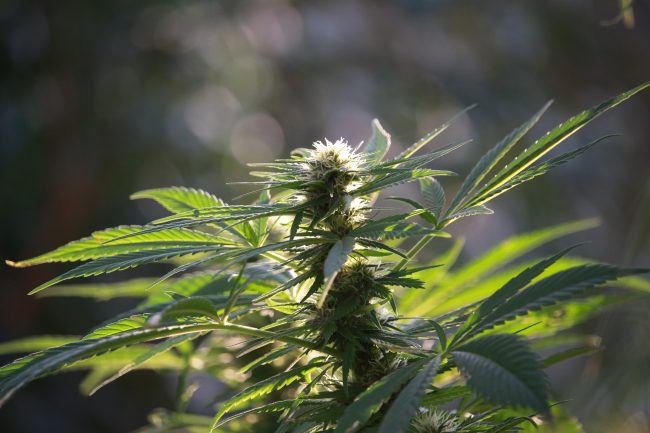Introduction
Hemp, often associated with its famous cousin marijuana, has long been misunderstood and underutilized. However, with changing perceptions and legal reforms, the spotlight is now on the myriad benefits of hemp flower. In this comprehensive guide, we will delve into the incredible potential of hemp flower and explore the diverse applications it offers.
Understanding Hemp Flower
Hemp, scientifically known as Cannabis sativa, is a versatile plant that has been cultivated for thousands of years. One of the key differences between hemp and marijuana is the level of THC (tetrahydrocannabinol) content. Hemp contains less than 0.3% THC, while marijuana typically has much higher THC concentrations. This means that hemp does not induce the psychoactive effects that marijuana does.
Key Benefits of Hemp Flower
- CBD-Rich Extracts: Hemp flower is rich in cannabidiol (CBD), a non-psychoactive compound known for its potential therapeutic benefits. CBD has gained popularity for its ability to alleviate pain, reduce anxiety, and improve sleep quality. It has also shown promise in managing conditions like epilepsy and chronic inflammation.
- Nutritional Powerhouse: Hemp seeds, derived from the hemp plant, are packed with essential nutrients. They are a great source of protein, omega-3 and omega-6 fatty acids, and various vitamins and minerals. Incorporating hemp seeds into your diet can boost your overall nutrition.
- Eco-Friendly Fiber: Hemp fibers are strong and durable, making them ideal for textile production. The textile industry is increasingly turning to hemp as a sustainable alternative to cotton and synthetic materials. Hemp cultivation also requires fewer pesticides and water, reducing its environmental impact.
- Biodegradable Plastics: Hemp-based bioplastics are emerging as eco-friendly alternatives to traditional plastics. These bioplastics are biodegradable and do not contribute to the growing problem of plastic pollution.
- Construction Material: Hempcrete, a mixture of hemp fibers, lime, and water, is gaining traction as a sustainable building material. It is not only durable but also has excellent insulation properties, reducing energy consumption in buildings.
- Cosmetics and Skincare: Hemp oil is a popular ingredient in cosmetics and skincare products due to its moisturizing and anti-inflammatory properties. It can soothe dry skin, reduce redness, and help manage skin conditions such as eczema and acne.
Cultivation and Legal Status
Hemp cultivation has seen a resurgence in recent years due to changing regulations. In the United States, the 2018 Farm Bill legalized the production of industrial hemp, opening the doors for farmers and entrepreneurs to explore its diverse uses. However, regulations vary from one region to another, so it’s crucial to be aware of local laws and licensing requirements.
Unlocking the Potential
To unlock the full potential of hemp flower, it’s essential to harness its various components. CBD extraction, hemp seed oil production, and hemp fiber processing are just a few ways to make the most of this versatile plant. Research and innovation continue to expand our understanding of the plant’s capabilities, which will likely lead to even more exciting applications in the future.
Conclusion
Hemp flower, often underestimated and overlooked, is a true treasure trove of potential. From CBD-rich extracts to sustainable building materials, hemp offers a wide range of applications that benefit individuals and the planet alike. As regulations continue to evolve and more research is conducted, we can expect to see even more innovative and environmentally friendly uses for hemp. So, embrace this versatile plant and explore its multifaceted potential for a brighter, more sustainable future. Unlock the potential of hemp flower, and watch it bloom.

